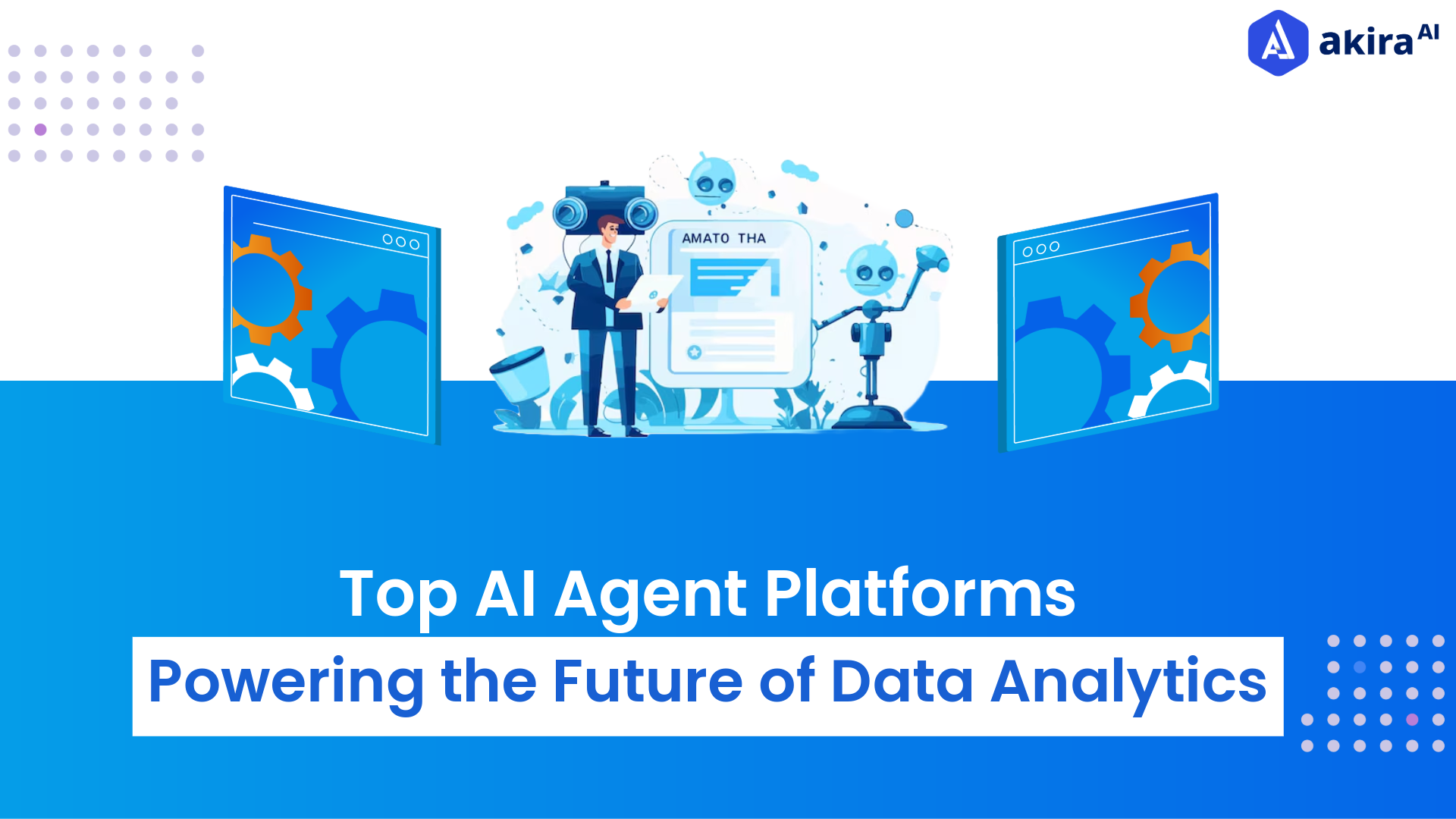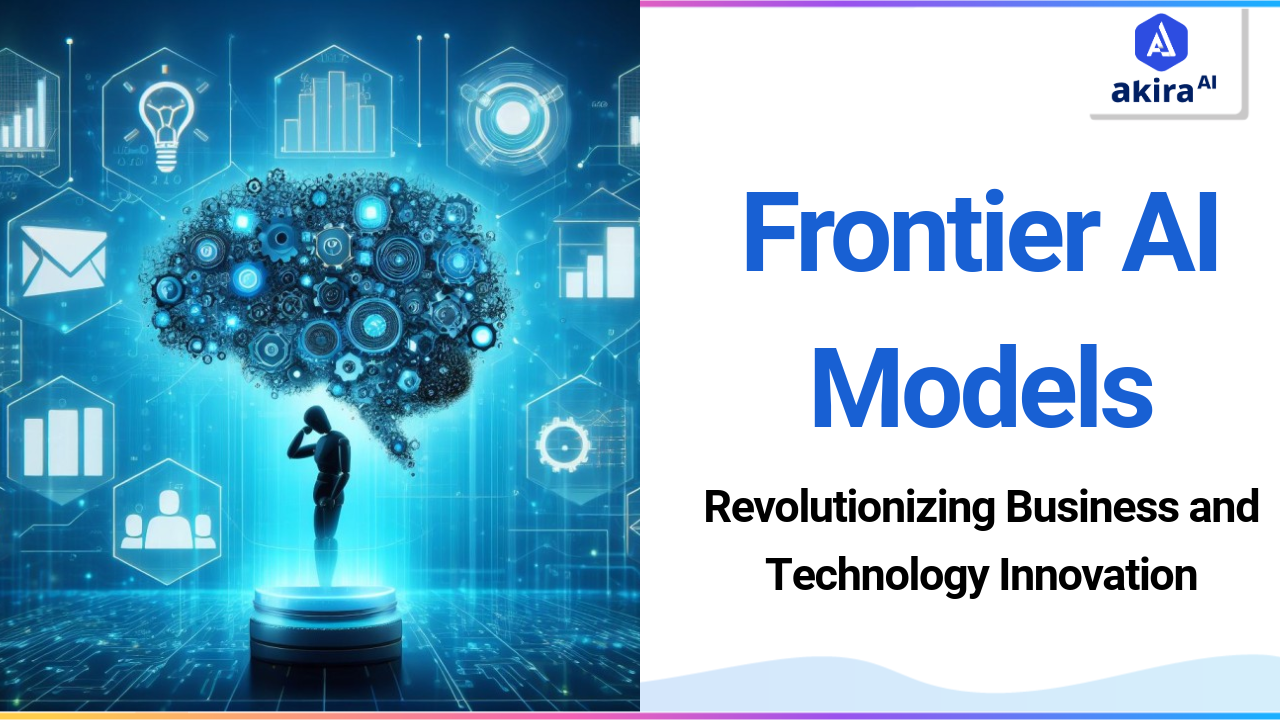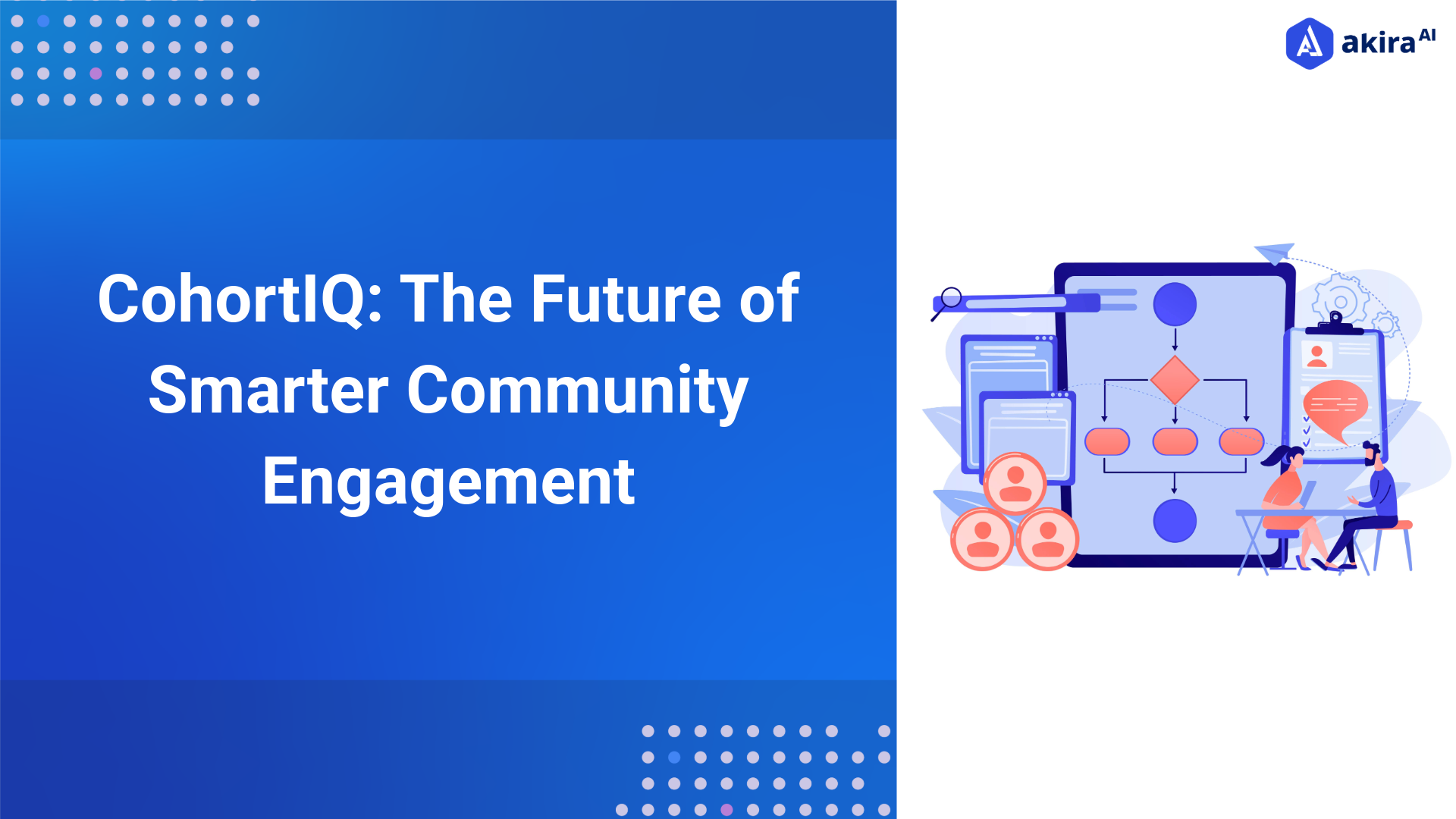The Enterprise Data Dilemma: More Data, Slower Decisions
Across industries, leaders face an uncomfortable paradox.
Organizations have never had more data — yet decision-making feels slower, more fragmented, and more expensive than ever.
Billions have been invested in cloud warehouses, data lakes, dashboards, and machine learning pipelines. But inside most enterprises, Agentic Analytics remains a reactive exercise. Business users still wait for dashboards to refresh. Analysts still spend hours reconciling data quality issues. Finance teams still manually explain variances at quarter-end.
The result? Data is abundant, but actionable intelligence is scarce.
The problem isn’t the infrastructure. It’s that most data systems were designed to store and serve, not to reason and act. In a world where the pace of business is measured in seconds, static systems can’t keep up.
That’s changing fast. A new generation of AI Agents is emerging — agentic systems that can perceive, reason, and act on enterprise data in real time. These agents don’t just surface insights; they understand context, recommend actions, and execute with guardrails.
At ElixirData, we call this shift the rise of the Agentic Data Organization — powered by our suite of domain-specific AI systems: Agent Analyst, Agent Search, and Agent Instruct.
What Are AI Agents in the Context of Data?
AI agents represent the next evolution of enterprise intelligence.
Unlike traditional analytics platforms or AI copilots that simply assist users, agents are autonomous actors — they perceive signals from data systems, reason through them, and take goal-directed actions.
Think of an AI agent as a digital analyst, data engineer, and governance officer — all in one system.
It doesn’t just answer a question; it frames hypotheses, checks data quality, tests alternatives, and summarizes insights — iteratively and independently.
At their core, these agents combine:
-
Reasoning models (like large language models fine-tuned for enterprise logic),
-
Tool use (connectors, APIs, SQL runners, visualization engines),
-
Memory and context (persistent awareness of prior analyses), and
-
Goal orientation (aligning outputs to business outcomes).
This agentic loop — Perceive → Reason → Decide → Act → Learn — transforms how organizations interact with data. Instead of humans asking static questions, systems can autonomously discover insights and orchestrate responses.
Why Data Management and Analytics Need Agents Now
The timing of this shift is not accidental — it’s structural.
Three converging forces have made AI agents both possible and necessary:
- Data Complexity Has Exploded
Hybrid architectures span cloud, on-prem, and SaaS ecosystems. Data pipelines depend on hundreds of APIs. Human coordination can’t match that scale.
- AI Reasoning Has Matured
Large language models can now parse unstructured text, code, and logs, and reason across multimodal inputs — making agentic analysis viable.
- Enterprise Infrastructure Is Ready
With private cloud deployments, vector databases, and fine-grained access control, AI agents can now operate safely within corporate boundaries.
This convergence has created a new class of systems — agentic data platforms — that blend analytics, observability, and governance into a single continuous intelligence fabric.
That’s the vision driving ElixirData’s ecosystem:
-
Agent Analyst: agentic analytics and narrative intelligence.
-
Agent Search: contextual retrieval and semantic discovery across structured and unstructured data.
-
Agent Instruct: the orchestration and compliance interface — enabling executives to “instruct intelligence” in natural language.
Together, they form a foundation where data doesn’t just report — it reasons.
The Five Core AI Agents Transforming Data Analytics and Management
Within the ElixirData ecosystem, five specialized agent classes underpin the agentic data architecture. Each represents a distinct capability, together forming a unified intelligence loop across the enterprise.
Data Discovery & Integration Agents
These agents autonomously explore data sources, infer schemas, and connect APIs — building a continuously updated semantic map of the enterprise data estate.
Powered by Agent Search, they detect new sources (a marketing CRM, a finance API, a new SaaS platform), understand data relationships, and integrate them without manual ETL intervention.
Business impact:
-
Reduced integration cycles from weeks to hours.
-
Near-zero engineering overhead for new data sources.
-
A unified data graph that understands your business context.
Data Quality & Observability Agents
Once data is connected, quality is king — and this is where observability agents come in.
These agents monitor freshness, completeness, drift, and anomalies across pipelines in real time.
If a data feed stalls, schema changes, or values deviate from expected patterns, the agent flags, explains, and even proposes fixes autonomously.
Through Agent Analyst, these systems build confidence in data reliability without constant human monitoring.
Business impact:
-
Higher trust in dashboards and models.
-
Automatic resolution of common data issues.
-
Data teams focused on improvement, not firefighting.
Analytics Automation Agents
Analytics Automation Agents handle the traditional workload of analysts — and then some.
They can autonomously generate SQL queries, create visualizations, and explain emerging trends in natural language.
Using Agent Analyst, an executive can simply ask:
“Why did gross margin decline last quarter?”
The system doesn’t just show a chart; it examines cost drivers, supply-chain data, and customer churn patterns — and delivers a narrative insight report with supporting data lineage.
Business impact:
-
Time-to-insight reduced from days to minutes.
-
Cross-functional analytics without specialist dependency.
-
Democratized access to intelligence across the organization.
Decision Support Agents
These agents go a step further — reasoning across domains like finance, marketing, and operations to recommend optimal decisions.
They combine contextual retrieval from Agent Search with multi-agent reasoning models within Agent Analyst, evaluating multiple scenarios and forecasting outcomes.
Imagine a quarterly planning cycle where instead of reviewing static KPIs, leadership interacts with agents that:
-
Simulate budget trade-offs,
-
Recommend market expansion timing, or
-
Identify early signals of operational risk.
Business impact:
-
Informed, proactive decision-making.
-
Scenario simulation at the speed of thought.
-
Continuous alignment between strategy and execution.
Data Governance & Lineage Agents
No intelligent system is complete without trust and accountability.
Governance agents — orchestrated through Agent Instruct — ensure compliance, lineage, and transparency.
They translate complex regulatory requirements (GDPR, SOC2, HIPAA) into machine-readable policies and enforce them autonomously. Every query, dataset, and output is tagged with provenance metadata, ensuring full auditability.
Executives can even ask:
“Show me all datasets accessed by AI models in the last week.”
and receive a detailed lineage report generated on demand.
Business impact:
-
Embedded compliance within every workflow.
-
Reduced regulatory and reputational risk.
-
Enterprise-grade auditability without overhead.
Together, these five agent types form the operational intelligence core of ElixirData’s Agentic Data Platform — a system that continuously learns, adapts, and improves.
The Agentic Data Architecture: From Static Systems to Living Intelligence
The shift from traditional BI to agentic data systems isn’t just technical — it’s philosophical.
Traditional data stacks are static: data moves through ETL pipelines, lands in warehouses, and waits to be queried. Insights arrive only when humans ask the right question.
Agentic systems are dynamic: they perceive change, generate hypotheses, and act autonomously within defined governance parameters.
ElixirData’s agentic stack brings this architecture to life through four coordinated layers:
-
Perception Layer – Powered by Agent Search, it connects to databases, SaaS APIs, and documents, constantly mapping data context and evolution.
-
Reasoning Layer – Managed by Agent Analyst, it interprets trends, correlations, and causal patterns.
-
Instruction Layer – Operated via Agent Instruct, enabling natural language orchestration of analytics and governance workflows.
-
Governance Layer – Enforcing traceability, role-based access, and policy-driven accountability.
The result: a self-aware data ecosystem where intelligence flows seamlessly between analytics, operations, and compliance — all within enterprise-grade guardrails.
Real-World Applications Across the C-Suite
The promise of agentic data systems becomes tangible when viewed through executive priorities.
CFO: Agentic Financial Intelligence
Agents continuously monitor spending anomalies, automate variance analysis, and forecast cash flow.
They generate real-time executive summaries — transforming financial reporting from static to predictive.
“Instead of closing the books once a quarter, imagine an organization that’s financially self-aware every day.”
Chief Data Officer / VP of Data Management
Data agents orchestrate ingestion, transformation, and validation — automatically documenting lineage and quality metrics.
CDOs gain real-time visibility into data health and can enforce governance through natural language policies.
Chief Analytics Officer / VP of Analytics
Agent Analyst delivers adaptive intelligence — automated KPI narration, self-updating dashboards, and proactive insight generation.
Analytics teams evolve from report producers to strategy partners.
Chief AI Officer
Through Agent Instruct, AI models are monitored for data access, bias, and compliance in real time.
Governance becomes continuous, not retrospective.
CEO and CXO Leadership
For boards and CEOs, the advantage is clarity and speed.
Agentic systems compress decision latency — the time between data change and executive action — into minutes.
The organization becomes perceptive, responsive, and self-correcting.
Governance, Trust, and Human Oversight
Autonomy without accountability is a risk — and ElixirData was designed to balance both.
While AI agents operate independently, every decision chain is transparent, explainable, and human-auditable.
Key Guardrails:
-
Traceable Agent Chains: Every query, reasoning step, and action logged.
-
Data Sovereignty: All operations within private cloud or on-prem environments.
-
Human-in-the-Loop Oversight: Approval workflows for high-impact actions.
-
Policy Enforcement: Agents operate within rules defined by executives through Agent Instruct.
This is not AI replacing analysts — it’s AI institutionalizing discipline and governance at scale.
Executives retain strategic control while AI executes tactical intelligence, ensuring that autonomy serves policy, not the other way around.
From BI to AI: The Strategic Shift Ahead
For two decades, BI tools have democratized access to data.
Now, AI agents democratize access to decisions.
Where dashboards tell you what happened, agents tell you why, what’s next, and what to do about it.
This represents the shift from descriptive to prescriptive and finally agentic intelligence.
Organizations that embrace this transition will move beyond reporting cycles to real-time responsiveness — a capability that defines tomorrow’s market leaders.
As one CIO put it during a recent ElixirData deployment:
“We stopped asking for insights. We started receiving them.”
The Path to the Agentic Data Organization
Becoming an agentic data organization isn’t about replacing teams; it’s about augmenting them.
It requires three foundational steps:
-
Build a clean, observable data core.
Without trustworthy data, autonomy amplifies noise.
-
Adopt agentic orchestration incrementally.
Start with one domain — analytics automation or data observability — and expand laterally.
-
Institutionalize AI governance early.
Every autonomous decision must be explainable, reversible, and policy-compliant.
ElixirData’s platform — through Agent Analyst, Agent Search, and Agent Instruct — operationalizes this journey.
It turns data from a passive asset into an active collaborator, accelerating decision cycles, strengthening compliance, and freeing human talent for higher-order innovation.
Conclusion: Intelligence That Acts
Data has long been the foundation of business strategy.
Now, it’s becoming the engine — intelligent, adaptive, and self-governing.
AI agents are the bridge between human judgment and machine precision.
They don’t just help teams analyze data faster; they help organizations think and act smarter.
ElixirData is building this future today.
With Agent Analyst, Agent Search, and Agent Instruct, enterprises can move from fragmented intelligence to continuous decision readiness — from dashboards that describe the past to agents that shape the future.
In the agentic era, intelligence isn’t a tool — it’s an operating system.
Frequently Asked Questions (FAQs)
Get quick answers about AI Agents, Agentic Data Platforms, and how ElixirData powers autonomous enterprise intelligence.
What makes AI agents different from traditional analytics tools?
AI agents don’t just visualize data; they perceive context, reason through scenarios, and act autonomously — transforming static insights into proactive, goal-driven intelligence that continuously learns and adapts.
How do agentic systems improve enterprise decision-making speed?
By automating data discovery, quality checks, and analytics workflows, agentic systems eliminate bottlenecks — turning real-time data into immediate recommendations and reducing decision latency from days to minutes.
Are AI agents secure for enterprise data environments?
Yes. ElixirData’s agents operate within private clouds or on-prem systems with strict governance, full lineage tracking, and policy-based access control to ensure security and compliance.
What business functions benefit most from agentic data platforms?
Finance, analytics, and compliance functions see the greatest gains — with autonomous variance analysis, real-time KPI narration, and self-auditing governance that enhance accuracy and agility.
How can enterprises begin adopting agentic intelligence?
Start by enabling AI agents in one domain — such as analytics automation or data observability — then expand across workflows while embedding governance and explainability from the start.





